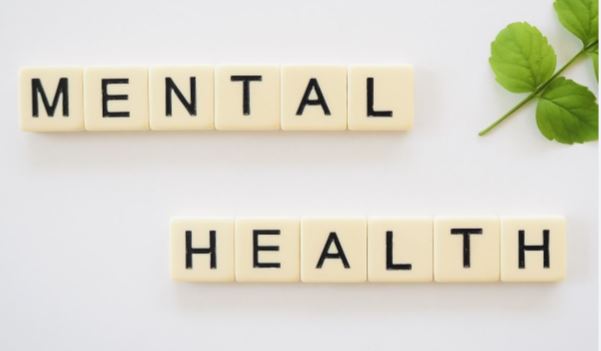Lifestyle
An insight into depression and how it is diagnosed

We all feel low and sad from time to time; having an argument with a close friend or spouse, getting a bad grade at school or college, a negative appraisal at work, disagreements, and many other life instances that produce pressure, can instigate feelings of sadness.
Most times, the feelings of sadness and associated negative thoughts tend to fade away within two or three days.
They usually don’t seem to disrupt or impair our daily activities, school, college or work performance and social life.
Most of us feel fine after we have had a constructive conversation or a good laugh with a family member, colleague or friend.
However, with depression the associated negative thoughts and feelings seem to linger on and leech out all energy from an individual, hampering his/her growth as a happy, contributing element of the society.
So, what exactly is depression?
Depression is a common but serious mental health problem that negatively impacts how you think, feel and behave. It contributes to a lot of emotional and physical problems and is detrimental to general well- being, performance and productivity of an individual.
Depression symptoms range from mild to severe (with suicidal thoughts/ideation), and the experience of symptoms can vary in individuals over time.
Signs and symptoms of depression:
- Feeling a markedly diminished interest or pleasure in activities which were earlier found to be pleasurable.
- Persistent sadness and inability to anticipate happiness.
- Negative thinking or pessimism
- Feelings of worthlessness and hopelessness most of the day, almost everyday
- Feelings of helplessness and guilt
- Decreased or increased appetite
- Insomnia (sleeplessness) or hypersomnia (excessive sleepiness) nearly every day
- Psychomotor agitation or retardation (i.e., restlessness or sluggishness)
- Loss of energy or increased fatigue
- Difficulty in thinking, concentrating, responding and decision- making.
- Restlessness or irritability
- Thoughts of suicide and death
Presence of five or more of the above-mentioned symptoms that last at least for two consecutive weeks indicates onset of Depression.
Causes: Depression can be experienced by anyone irrespective of age. Being a heterogeneous problem, it can have numerous risk factors including a combination of genetic, environmental and psychosocial factors. Major life disruptions (including the current pandemic situation) social isolation, extended quarantine period, loneliness, trauma, poverty, sexual abuse, chronic stress, substance abuse can be responsible factors. Also, medical conditions such as chronic pain, cancer, stroke, diabetes, pregnancy, hyper/ hypothyroidism could be among other causes.
It is also noted that women are twice as likely as men to experience depression once in their lifetime, this could be due to hormonal changes, societal expectations and pressures or it could simply mean that women report their emotional status more openly and clearly than men. Whatever the reason, it should be remembered that Depression is very much treatable.










